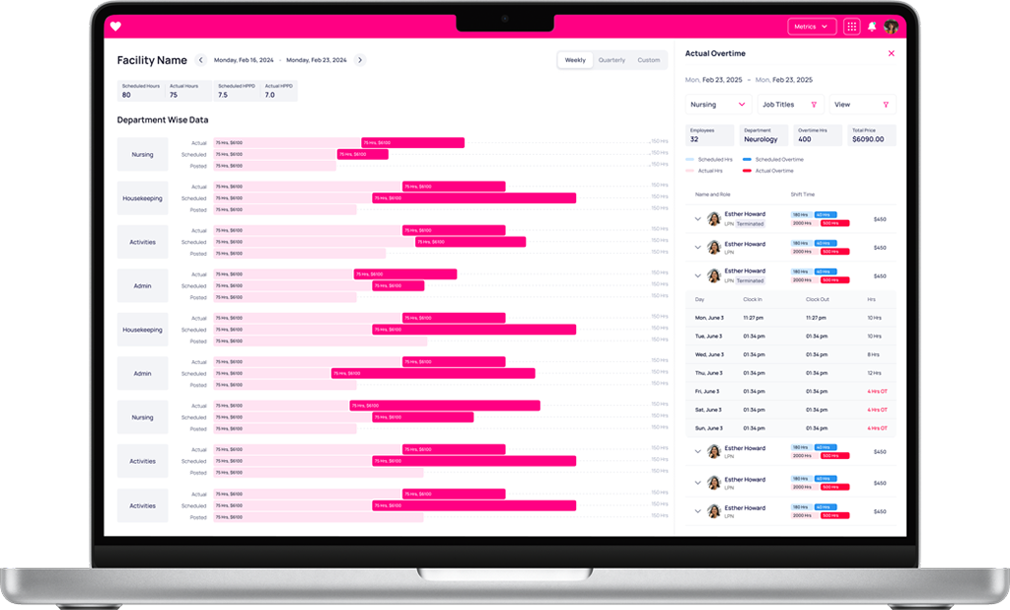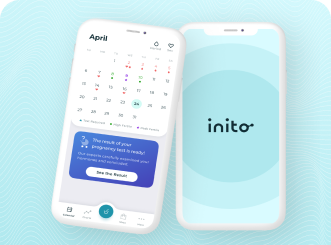- Home
- /
- AGALIA – All-in-One Platform...

Unveiling Pick by Agalia
Comprehensive Solutions for Quality Nursing Care.
AGALIA set out to redefine nursing care with its all-in-one platform, designed to streamline and enhance the daily workflows of healthcare professionals. The previous system was fragmented and lacked the integration needed for efficient patient care management.
This case study delves into AGALIA’s transformation journey, highlighting the strategic upgrades that improved user experience, and ultimately elevated the quality of care delivered to patients.
Problem Statement
Agalia needed an intuitive, all-in-one platform to enhance nursing excellence by streamlining workflows, and enabling real-time collaboration, while ensuring patient care and collaboration with healthcare facilities.
Outdated Interfaces
Complex interfaces hinder quick navigation, slowing response times and increasing the risk of errors, emphasizing the need for a clean, intuitive UI to enhance usability and patient care.
Disorganized Payroll
Payroll system, nurses face compensation delays and inaccuracies, causing frustration especially in large teams where manual tracking leads to errors.
Fragmented Data Insights
Nurses need clear data visualization to quickly interpret patient data and make timely decisions without wasting their time on raw data.
No Real Time Updates
Without a unified platform, nurses face slow communication between team members, affecting patient care and coordination, especially during shift changes or emergencies.
Solution Overview
Revamped AGALIA’s platform architecture and optimized user experience to meet the evolving needs of modern healthcare professionals.

Unified Interface for Workflow
Intuitive interface for vital patient data, allowing nurses to quickly interpret information and make timely decisions, enhancing patient care efficiency.

User Experience
Real-time monitoring, documentation, payroll tracking streamline care, ensure records, and transparency, supporting efficient and error-free healthcare.
Integration Process
Streamlined Integration Process for Improved User Experience
Developed intuitive interfaces for seamless user interactions, streamlined data synchronization across multiple platforms for real-time updates, and integrated efficient workflows for task automation. Additionally, a user-centric feedback system was implemented to continuously improve user experience, alongside enhance functionality and ensure smooth interaction with third-party services.

Architecture Overhaul
Revamped AGALIA’s architecture to a more scalable and modular framework. This transformation enhances maintainability, supports future updates, and improves flexibility, ensuring the platform can adapt to evolving healthcare needs.
UI/UX Redesign
Ensure that the user interface (UI) adapts well to different screen sizes and devices, even if mobile optimization is not the main focus. A responsive UI improves accessibility.
Unified Dashboard
Implement a central dashboard where users can easily access and monitor all key features of the project, reducing the need to navigate through multiple screens or applications.
Automated Workflows
Implement automation for repetitive tasks and workflows. This helps users focus on decision-making rather than manual data entry or redundant steps.
Implementation Details
Key Implementation Steps for Enhanced Functionality
Optimized workflows for smooth user interactions, developed new design features to enhance functionality, and implemented scalable infrastructure to support growth. Strong security measures were integrated to protect user data and ensure secure access.
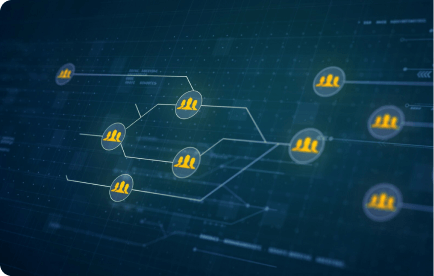
Workflow Optimization
Streamlined user workflows to simplify interactions and reduce friction points, enhancing overall efficiency.
Customizable User Interface
Developed a flexible and intuitive UI, allowing users to personalize settings and preferences for a more tailored experience.


Real-Time Synchronization
Enabled real-time data synchronization across all platforms to provide seamless updates and ensure data consistency.
User Access Control
Implemented granular user access controls to ensure that only authorized individuals can access sensitive areas of the system.

UI Process
Design System
Aligning typography and graphical elements to a grid, establishing a clear hierarchy with a thoughtful colour palettes and applying consistency across all design elements – each decision is crafted to ensure that the most important aspects catch the users’s attention first, showcasing a design that is as strategic as it is visually consistent and compelling.
Colour Palettes
Typography
Primary Colour 01
#FF0083
Primary Colour 02
#E8A9A4
Secondary Color 01
#D3AAA4
Secondary Color 02
#A4CECB
Manrope
Medium
SemiBold
Bold
Inter
Regular
Italic
SemiBold
32
px
26
px
22
px
20
px
18
px
16
px
Interface Design
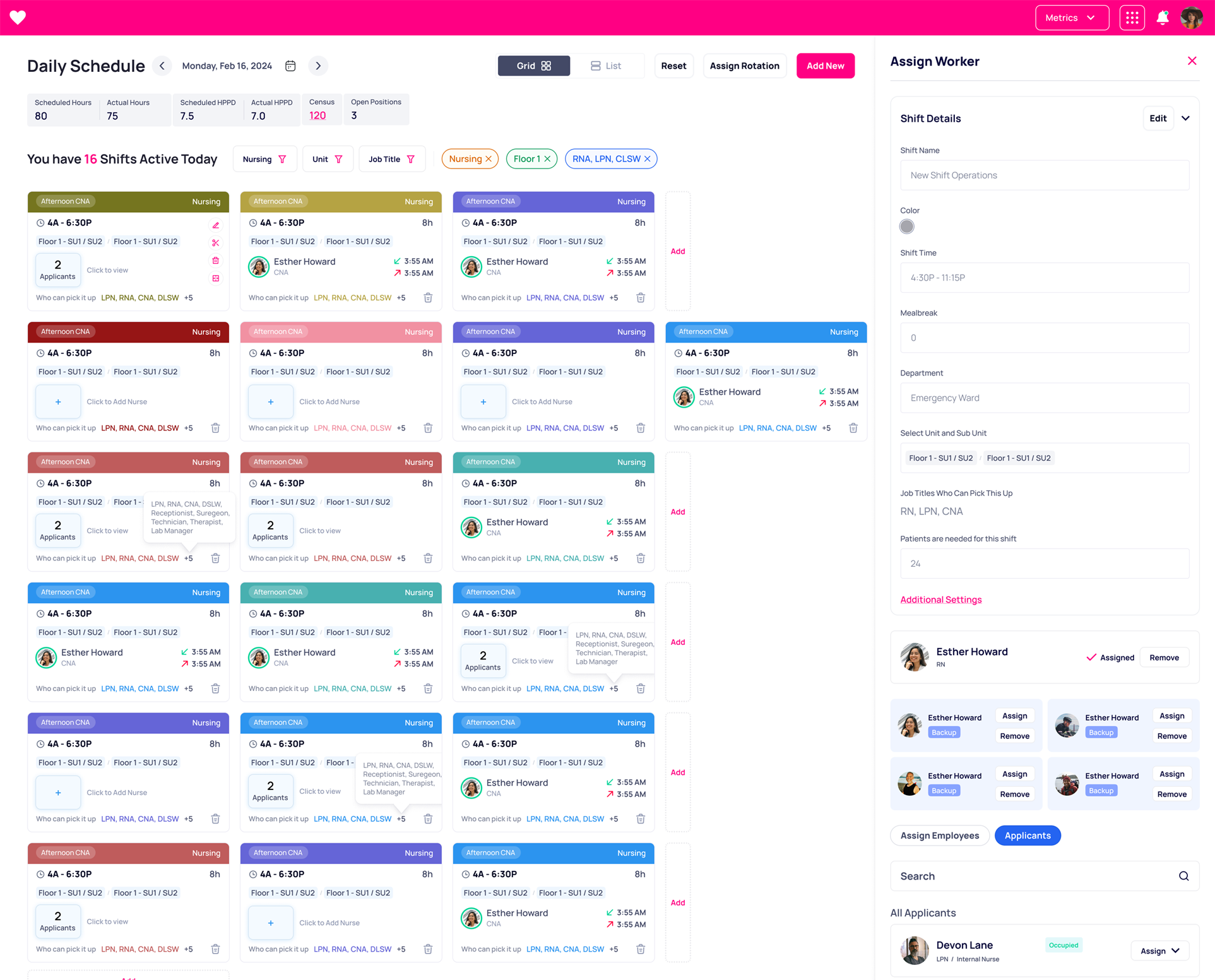
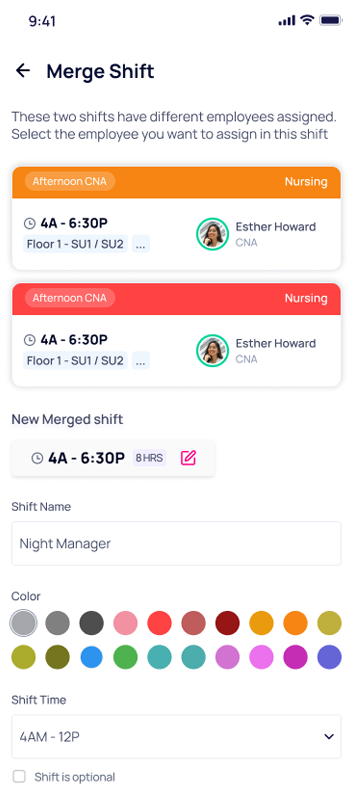
Technologies Used
Tech Stack
Agalia’s tech stack includes Swift for iOS, Kotlin for Android, JavaScript and Python for the back end, and React, Material UI, and Redux for the front end. GitHub manages code, Sketch and Figma handle design, and JIRA supports project management.
Web Frontend

Design

IOS
Android
Javascript Backend
Code Management
Project Management
Conclusion
Elevating AGALIA to New Heights of Efficiency and Security
Enhancing functionality with new features, and implementing a robust infrastructure, the AGALIA project is positioned to provide an exceptional user experience. With a focus on scalability, real-time data integration, and advanced security measures, AGALIA ensures seamless interactions and reliable performance, even as user demands grow. Continuous improvements and personalized features create a dynamic, secure, and user-friendly environment that sets the project apart, driving long-term success and innovation.
Similar Casestudies
More Health Care Projects
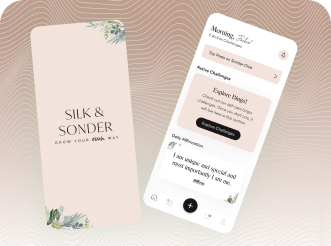
Silk & Sonder
This offers personalized wellness journals blending mindfulness and productivity.
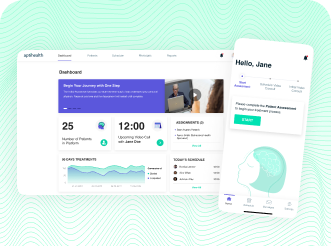
Aptihealth
aptihealth is a Behavioural Healthcare Platform in Primary Healthcare Domain.
